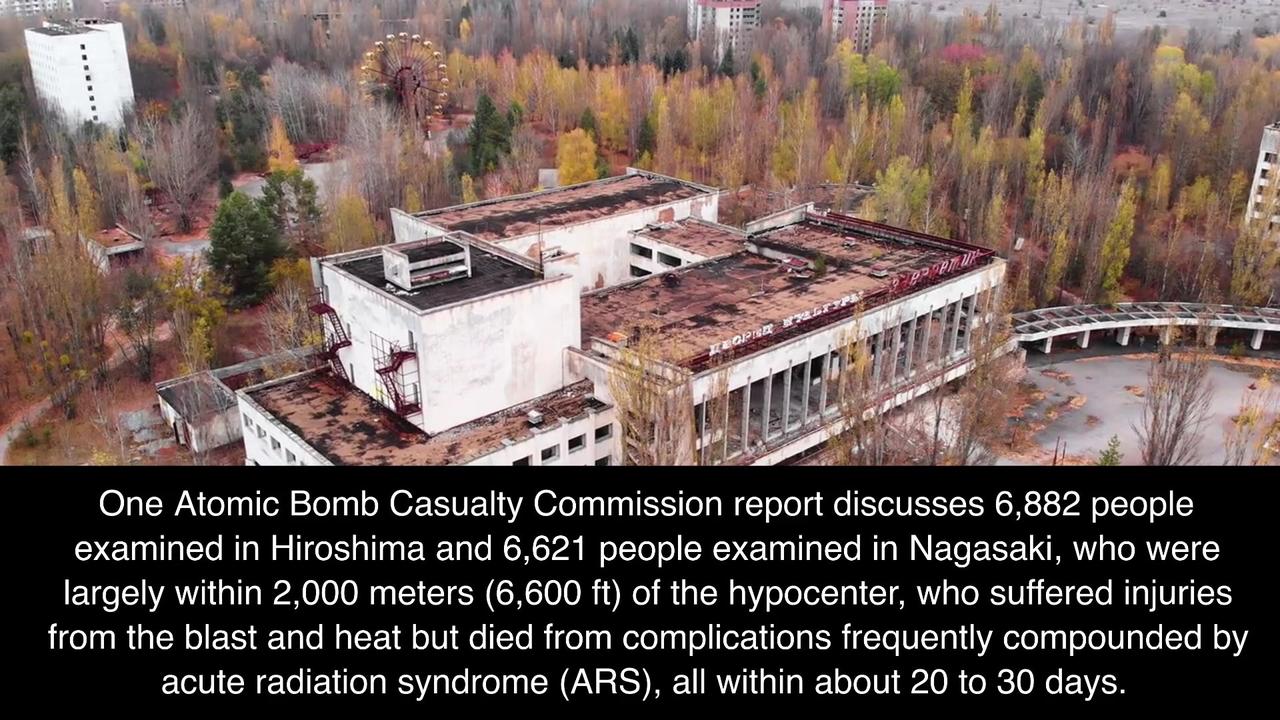Atomic Bombing of Hiroshima and Nagasaki

Atomic Bombing of Hiroshima and Nagasaki
The atomic bombings of Hiroshima and Nagasaki were the detonation of two atomic bombs over the Japanese cities of Hiroshima and Nagasaki on 6 and 9 August 1945 by the United States.
The two bombings killed between 129,000 and 226,000 people, most of whom were civilians, and remain the only use of nuclear weapons in an armed conflict.
Japan surrendered to the Allies on 15 August, six days after the bombing of Nagasaki and the Soviet Union's declaration of war against Japan.
The Japanese government signed the instrument of surrender on 2 September, effectively ending the war.
Japan surrendered to the Allies on 15 August, six days after the Soviet Union's declaration of war and the bombing of Nagasaki.
The Japanese government signed the instrument of surrender on 2 September, effectively ending the war.
Scholars have extensively studied the effects of the bombings on the social and political character of subsequent world history and popular culture, and there is still much debate concerning the ethical and legal justification for the bombings.
